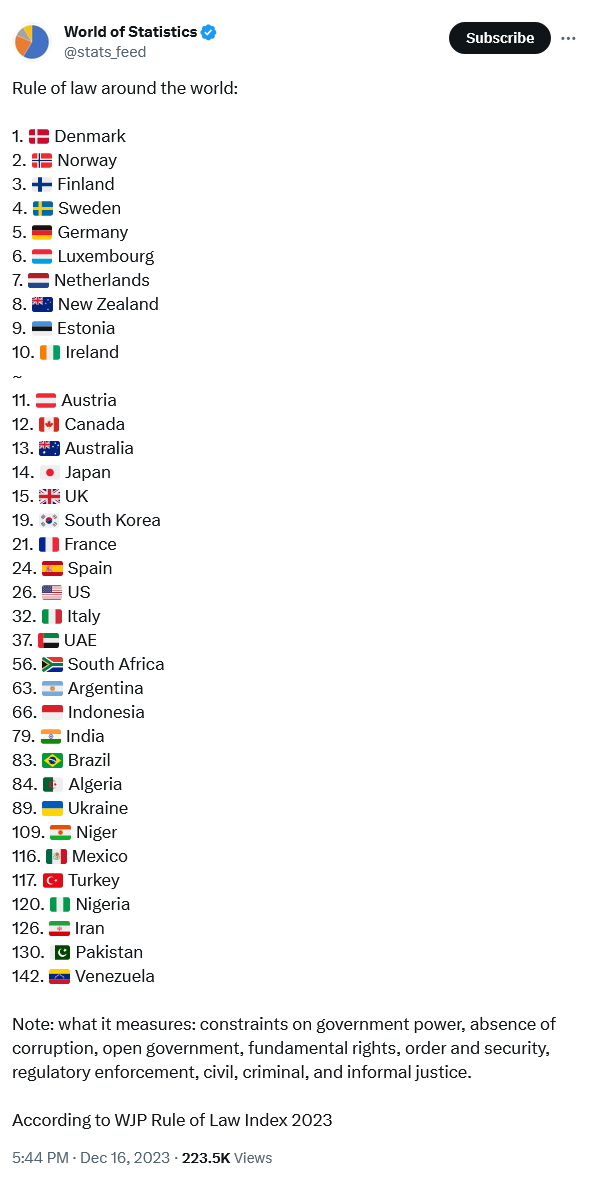In a pivotal move, the Burkinabè government has ushered in a new era by adopting a bill that revises the Constitution, marking a significant shift in the linguistic landscape. The bill enshrines national languages as official, relegating French to the status of a "working language." This monumental change is a testament to Burkina Faso's commitment to political, administrative, and institutional reforms during this transformative period.
Embracing Linguistic Diversity: The report from the Council of Ministers highlights that this constitutional amendment aligns with the core mission of the transition – to fortify democratic culture and solidify the rule of law. One of the standout features of this revision is the establishment of national languages as official, symbolizing a departure from the dominance of French in official discourse.
Mali's Precedent and Burkina's Bold Move: Earlier in the year, Burkina Faso's neighbor, Mali, took a similar stride by relegating French to a secondary role in its Constitution. Both nations, governed by military regimes and experiencing strained relations with France, have opted for linguistic shifts that reflect a pursuit of sovereignty in political, economic, and cultural domains.
Innovations Beyond Language: The bill encompasses more than linguistic adjustments. It introduces "traditional and alternative dispute resolution mechanisms," demonstrating a commitment to diverse methods of conflict resolution. Additionally, the Constitutional Council undergoes a mission expansion, while certain institutions, such as the High Court of Justice and the Mediator of Faso, face abolition.
Empowering the National Intelligence Agency (ANR): An intriguing aspect of the constitutional amendment is the reinforcement of the status of the National Intelligence Agency (ANR), now explicitly protected within the Constitution. This move underscores the evolving priorities and strategies of Burkina Faso in the face of complex geopolitical challenges.
Challenges and Popular Aspirations: Burkina Faso has witnessed numerous demonstrations in recent months, with citizens advocating for a new Constitution. Captain Ibrahim Traoré, who assumed power in September 2022, had earlier committed to a partial modification of the Constitution, emphasizing the significance of national sovereignty.
Prime Minister's Declaration: Prime Minister Apollinaire Joachimson Kyelem of Tambela emphasizes the writing of a new Constitution as an assertion of political, economic, and cultural sovereignty. He highlights the importance of crafting a unique constitutional framework rather than adopting concepts modeled on foreign constitutions, particularly the French constitution.
Geopolitical Shifts: Since Captain Traoré assumed power, Burkina Faso has distanced itself from its former colonial power, France, opting for closer ties with Moscow. This geopolitical realignment reflects a recalibration of partnerships and alliances in the pursuit of national interests.
Conclusion: Burkina Faso's constitutional evolution signifies a bold step towards linguistic inclusivity, institutional restructuring, and heightened sovereignty. As the Transitional Legislative Assembly prepares to vote on this transformative bill, Burkina Faso navigates a path that echoes the aspirations of its people for a Constitution that truly reflects its unique identity.
#BurkinaConstitution #LinguisticShift #SovereigntyInFocus #PoliticalReforms #GeopoliticalRecalibration












